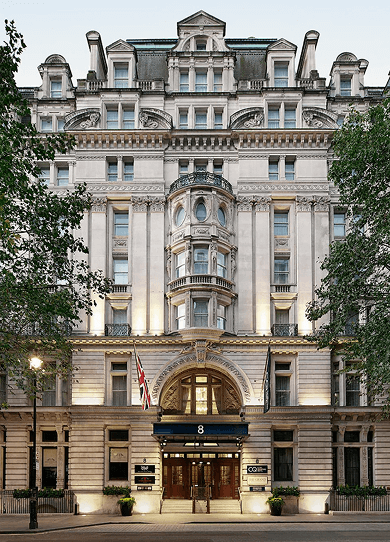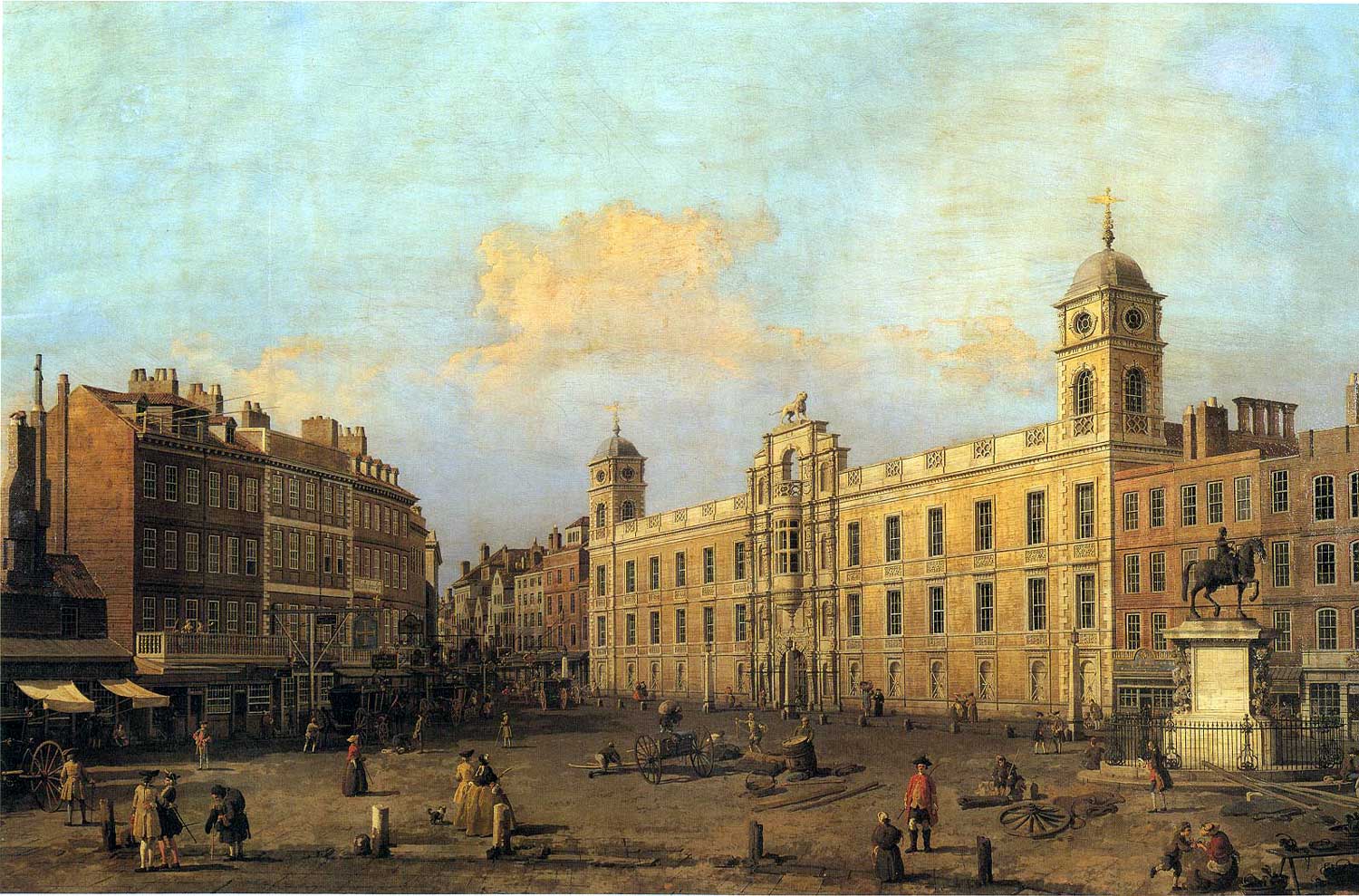The Economical State of Events in 2018
After an uncertain 2017, we look at what 2018 could hold for the events industry.

Brexit has created several questions about the future of the event industry in the UK and especially venues in London. Soon after the referendum, concerns were expressed over restrictions on the movement of people and goods, a possible labour shortage, and the effect that a falling pound will have on event planning budgets.
A C&IT poll of over 40 event planners indicated that 73% of them opposed the referendum. Another poll conducted by the Business Visits & Events Partnership revealed that 60% of its members believed that leaving the EU would mean fewer major events hosted in the UK.
There are three major ways that the Brexit vote has impacted the UK events industry and venues in London. Although it is still too early to tell for sure, it’s certainly possible that the following issues could arise or advance in 2018.
Atmosphere of uncertainty
Uncertainty can lead to instability, which is not a positive thing for any market, the events industry included. While a weakened pound can be beneficial for export businesses, it creates a dim economic picture at home. This effect may not necessarily be permanent, but it could prevent important events from being hosted in the country. At least for awhile.
Until the picture is clearer, event planners should take advantage of their position in a creative industry to leverage those relationships. Pushing the industry onwards is necessary, regardless of what’s going on with the EU.
Economic issues
In the beginning, one of the biggest economic concerns for the events industry was that Brexit would compel major businesses to shift their headquarters out of London. The events sector is like other businesses in that they can and have done well outside the EU.
There are still concerns that Brexit has reduced the viability of the UK as an event destination, but industry leaders say that event planners need to remind European clients that Britain is still a great place to do business and that its viability as an event site remains as strong as ever.
Workforce challenges
The events industry accounted for approximately one in three of all new jobs over the course of the last Parliament. Free movement of labour is extremely important to the expansion and growth of the sector, as all venues rely on transient staff, especially those from the EU.
Concerns have been expressed over how Brexit will affect labour availability in the long term, but London’s economy is largely based on relationships with international businesses and skilled incoming workers, and many in the events industry feel that the referendum will not change this.
Industry leaders have acknowledged that the decision to leave the European Union brought uncertainty. As time has passed, there appears to be a universal sense that Brexit will not have the detrimental impact that was initially anticipated.
Event planners who maintained good relationships with their European clients should continue to do well, and once the shock of the referendum completely dissipates, events calendars throughout the country have a good chance of remaining as active as ever.
























